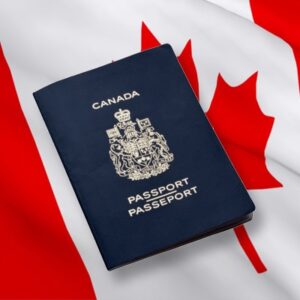Citizenship revocation changes

On February 5, 2018, the Canadian government changed the citizenship revocation process to add more accountability to those facing the revocation of their Canadian citizenship. This marks a turning point as compared to the previous decision-making regime which was introduced in 2015 by the previous Conservative government. Under the 2015 changes, only the Minister, and not the Federal Court was given authority to remove citizenship in cases of noncompliance such as lying about physical presence in Canada, concealing criminal activity, and faking identity. With the recent change, people facing such allegations have the choice of having their matter disposed of by the Minister’s immigration department, or having their matter disposed of at the Federal Court.
Similarly, the revocation process now includes a further stage where an immigration officer can review arguments against proceeding with revocation before the matter is sent to the Federal Court. This extra step allows people facing revocation to put their best case forward to the immigration department. If the person’s facts are compelling enough, then this extra step may allow an immigration officer to cease revocation proceedings in appropriate situations.
This is a continuation of rolling back of changes that came about from the previous government’s Bill C 24. For example, on October 11, 2017, the requirement of physical presence for four years out of six years was rolled back to three years in the last five years. Further, the requirement to have 183 days for each year of residency was also rolled back. Further, the reinstatement of the counting of days the physical presence in Canada prior to permanent residency occurred, specifically, a half-day of physical presence being counted within the five years preceding a citizenship application. Further, rather than the imposition of an official language requirement for those aged 14 to 64, the reinstatement of the requirement for proof of language for those aged 18 to 54 came back into effect.
It is anticipated that during 2018 a further change will occur, namely that there will be formal authority for citizenship officers to seize documents which are suspected to be fraudulent. This would formalize a practice that already occurs during the course of processing citizenship applications supported by allegedly fraudulent documents.

